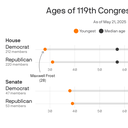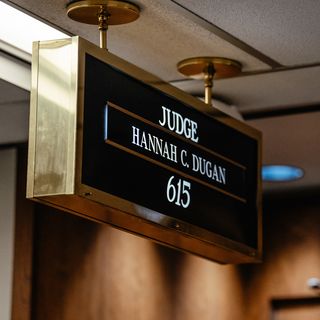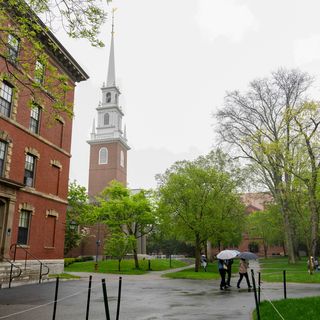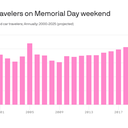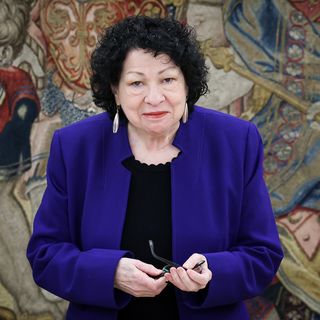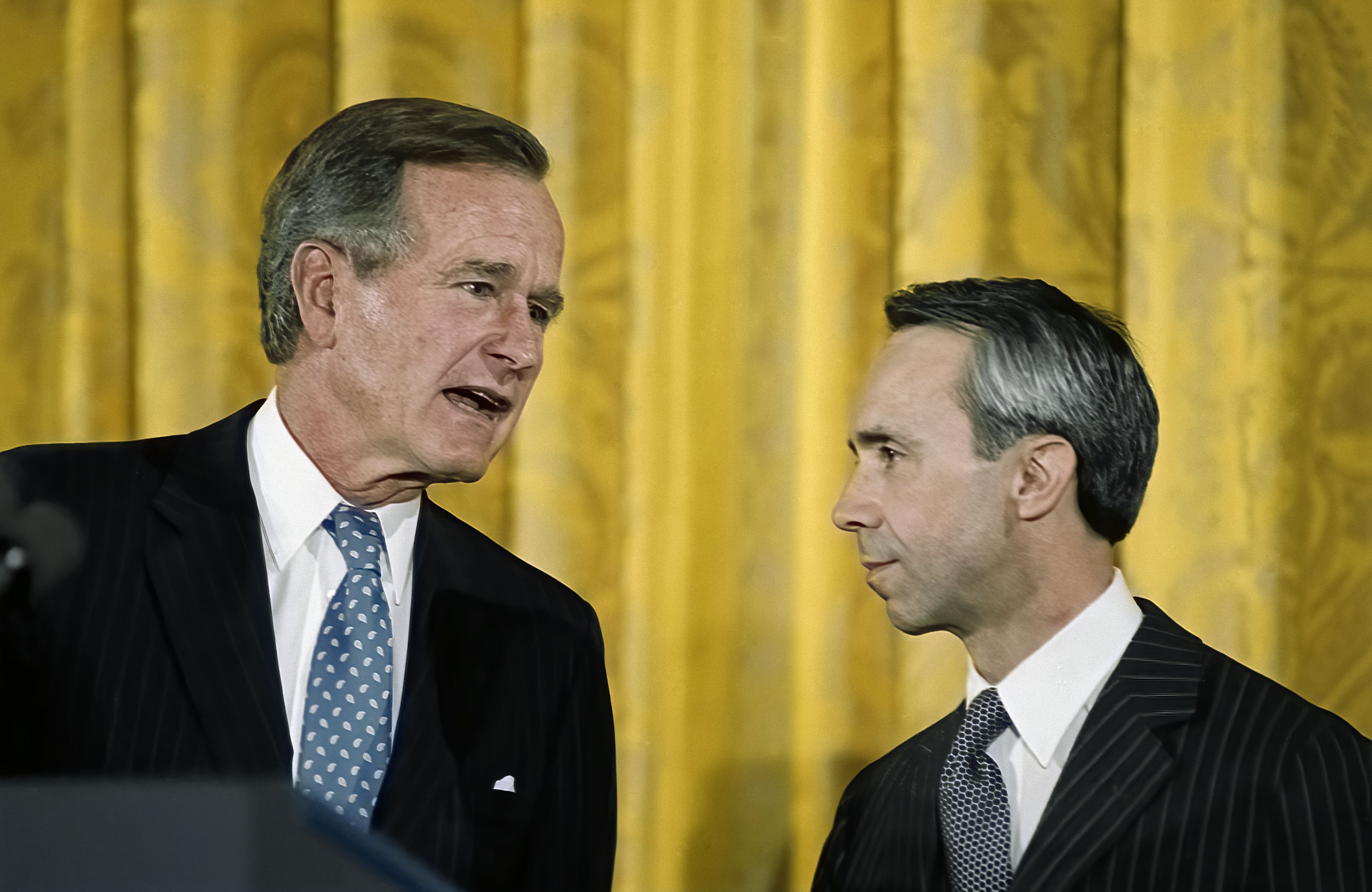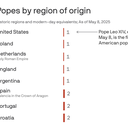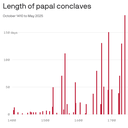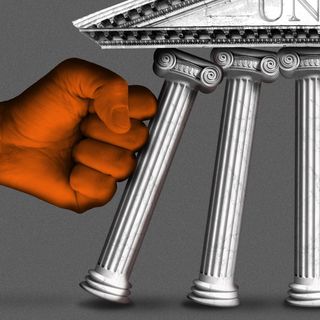Trump's Education Department closure and layoffs blocked by federal judge
A federal judge on Thursday blocked the Trump administration from dismantling the Department of Education while a lawsuit challenging the move proceeds.
Why it matters: The judge's preliminary injunction said that President Trump and Education Secretary Linda McMahon don't have the power to shutter the agency — and that its closure runs contrary to federal laws.
- U.S. District Judge Myong J. Joun of Massachusetts also ordered the administration to reinstate the jobs of terminated Education Department employees.
- "Defendants have not pointed to any case that indicates that the Secretary's effective dismantling of the Department is within her reorganization powers," Joun wrote.
- The Trump administration will challenge Joun's ruling "on an emergency basis," Education Department spokesperson Madi Biedermann said in a statement.
Zoom in: The judge said the administration didn't provide research to support why certain employees were terminated, why certain offices were reduced or eliminated, or how those changes further the "purported goals of efficiency or effectiveness of the Department."
- He added that students with disabilities would be particularly harmed by reductions at the agency.
The other side: "President Trump and the Senate-confirmed Secretary of Education clearly have the authority to make decisions about agency reorganization efforts, not an unelected Judge with a political axe to grind," Biedermann said.
- She said Joun "dramatically overstepped his authority."
Catch up quick: Trump in March signed an executive order to dismantle the Education Department, but shuttering a federal department requires congressional action.
- Also in March, nearly 50% of the department's workforce was slashed.
Go deeper: Education Department cuts threaten to deepen local schools' woes
Editor's note: This story has been updated with details throughout and an Education Department statement.




